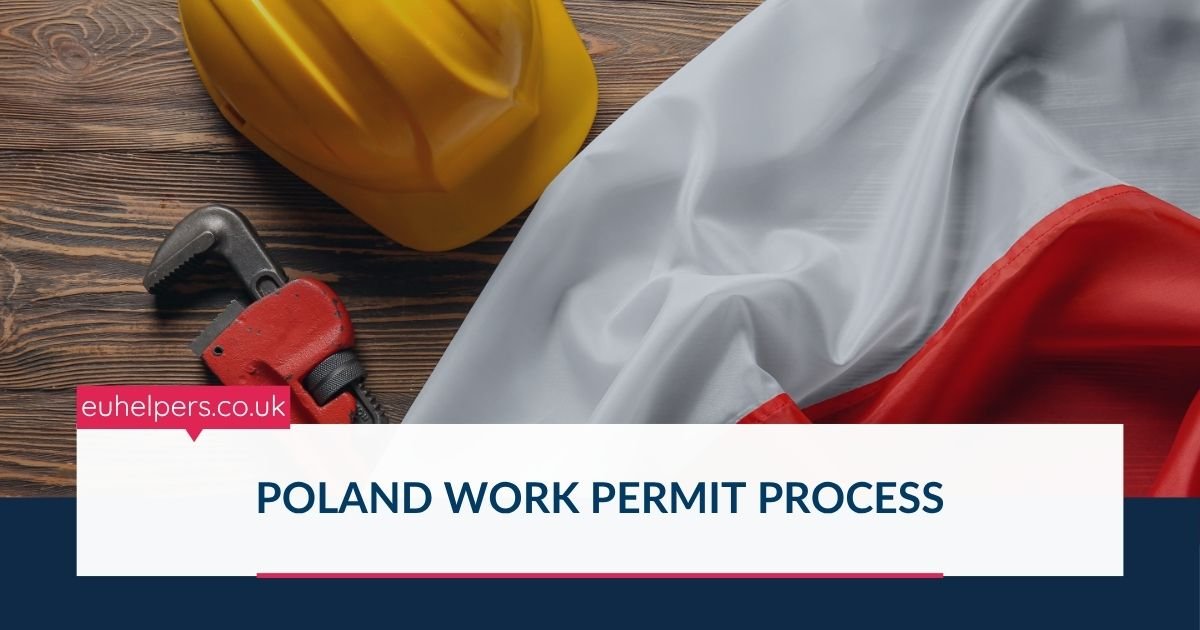
If you're a non-EU citizen looking to work in Poland, navigating the legal steps to secure a job and residence can seem complex. The process typically involves two key components: a work permit, which must be secured by your Polish employer, and a D-type national visa, which allows you to legally enter and stay in Poland for employment.
Here’s a step-by-step overview of how to legally work in Poland in 2025.
Step 1: Secure a Job Offer
Your journey begins by obtaining a valid job offer from a Polish employer. Without a confirmed position, you cannot proceed with the work permit or visa application.
Step 2: Employer Applies for a Work Permit
Once you have a job offer, your prospective employer must submit a work permit application to the appropriate Voivodeship Office (the regional labor authority in Poland). This application outlines the nature of your employment and includes supporting documents.
Step 3: Labor Market Test (If Required)
In some cases, the Voivodeship Office may conduct a labor market test. This test ensures that no Polish or EU citizens are available to fill the position, thus justifying the employment of a foreign national. Not all positions require this step, especially in industries with labor shortages.
Step 4: Application Review
The authorities will review the application and may request additional documentation from the employer. This part of the process varies depending on the region and the specific job sector.
Step 5: Work Permit Issuance
If the application is approved, a work permit is issued and sent to the employer. This document is crucial for the next step in the process—applying for a visa.
Step 6: Apply for a Polish Work Visa
With the work permit in hand, the foreign worker must apply for a D-type national visa (also known as a Polish work visa) at the Polish consulate in their home country. The visa application is supported by the original job offer and the approved work permit.
Step 7: Visa Application Process
This stage includes several tasks:
-
Completing the visa application form
-
Submitting required documents (listed below)
-
Paying applicable fees
-
Attending an interview, if requested by the consulate
-
Waiting for visa approval
Step 8: Receive Visa and Travel to Poland
Once approved, the D-type visa is issued. You are now legally allowed to enter Poland and begin employment under the conditions outlined in your work permit.
Required Documents for Work Permit and Visa Applications
For the Work Permit Application (usually submitted by the employer):
-
Completed work permit application form
-
Copy of your passport
-
Job offer letter
-
Employment contract
-
Proof of the employer’s legal status (e.g., from the National Court Register)
-
Health insurance documentation
-
Additional documents such as the company’s deed, financial statements, or other supporting evidence, depending on the case
For the Visa Application (submitted by the foreign worker):
-
Visa application form (typically completed online via the e-Konsulat platform)
-
Recent passport-sized photographs
-
Copy of your passport
-
Original work permit
-
Proof of accommodation in Poland
-
Bank statements or other financial proof to show sufficient means of support
-
Health insurance coverage
-
Additional documents may be requested during the consular interview
Additional Considerations
-
e-Konsulat Registration: Most work visa applications must be registered through the e-Konsulat system, Poland’s official online visa appointment platform.
-
Processing Times: Work permit approvals and visa issuance can take several weeks, so it’s crucial to start the process well in advance of your intended start date.
-
Visa Type: Most foreign workers enter Poland on a D-type national visa, which allows stays longer than 90 days for employment purposes.
-
Employer Responsibility: The employer is primarily responsible for securing the work permit.
-
Labor Market Test: In some cases, a labor market test will be necessary before a work permit can be approved.
Working in Poland as a foreign national requires a collaborative effort between the employer and the employee. By securing a job offer, ensuring your employer handles the work permit application, and diligently preparing your visa application, you can legally begin your career in Poland. Given the structured and time-sensitive nature of this process, early planning and attention to detail are key to success.
